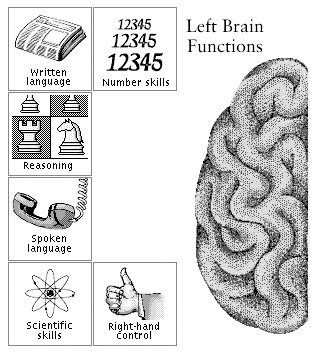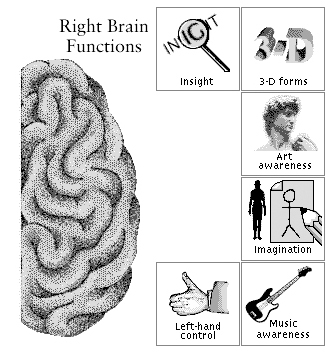STEM and the State
Last month, Western Washington University held its Board of Trustees meeting at Safeco Field, the house that Washington taxpayers built. The last part of the meeting was devoted to a panel discussion with a distinguished group of legislators and business leaders.

One of the peppiest panelists was a fellow named Lew McMurran, the Vice President of Government and External Affairs for the Washington Technology Industry Association. Mr. McMurran enthusiastically led the panel in chorus after chorus of Washington’s state universities need to produce more graduates in STEM (Science, Technology, Engineering, and Math) fields. He told the trustees that while those sociology degrees might be interesting if you like that kind of thing, it was time to quit funding that nonsense and pour all the resources into the techno-degrees that his folks needed to hire.
Here at the blog, we can’t tell you what a relief it is that sociology seems to have supplanted English as the whipping boy of choice when our hard-nosed pragmatist friends want to decry the frivolity of college majors that are not business or STEM related. Social scientists falling to the status of poets can only be yet another sign of progress in a late capitalist world.
But alas, much as it might pain us to say it, we still need the sociologists, if for no other reason than they subsidize the engineers. The good news about those worthless humanities and social science degrees is that they’re cheap. The professors have no job prospects in the real world so they work for peanuts, there aren’t any labs and it has become perfectly acceptable to batch process those students in classes of 500. The ever-increasing tuition that philosophy and history majors take out more and more loans to pay more than covers the cost of their navel-gazing education, so universities can take the extra and ship it down to the science and technology end of campus to help pay for the real degrees. So the key to more STEM degrees turns out to be more humanities and social science students.

But STEM cannot live on sociologists alone. The post-World War Two techno-industrial boom that drove American prosperity in the second half of the twentieth century was fueled by public university systems that were almost completely subsidized by state and federal tax dollars. That public investment made America the runaway leader in scientific and technological development. STEM-mania (and the job market it serves) is one of the strongest arguments for public universities that are much more robustly public than what we have now.
But when the conversation at the Western Board meeting turned to taxes, Mr. McMurran’s enthusiasm dimmed considerably. In response to a couple of legislators who felt that the state should explore some new tax revenue and that perhaps businesses (especially the ones stockpiling mountains of profit) should pay their fair share, Mr. McMurran reacted like a parent whose child has farted in church, going so far as to suggest that many legislators have been just plain rude to business on the subject of taxes.
Calling for more STEM degrees without at the same time demanding more business taxpayer investment in public universities is kind of like trying to make cake without flour and eggs. STEM degrees are expensive, which means that you either have to revive state support to universities or you have to keep jacking up tuition. And the more you raise tuition, the more you create a student population that won’t necessarily be interested in STEM degrees.
Sadly enough, when students arrive at universities, we still let them choose their own major, much to the chagrin of those people who want universities to produce more STEMs the way a sweatshop in a third world country might produce more Nike shoes. Students from lower middle and working class backgrounds (precisely the students now being squeezed out of higher education) tend to be the ones who choose the business and STEM majors, the majors with sound economic futures. The children of the professional, managerial, and owning classes, the ones whose parents bought them piano lessons and had the nanny take them to museums, tend to be the ones who fill up the music, philosophy, and poetry classes. At Western, in the midst of the Great Recession and with tuition going up by double-digit percentages every year, demand for Creative Writing degrees has never been higher.*
The technocratic industrial revolution in the second half of the twentieth century was not spawned by private universities. It was fueled by widespread access to publicly funded public universities that allowed the children of bus drivers and typists to become scientists and engineers.
*These are, of course, just the impressionistic musings of an English professor. For the real data on the relationship between economic class of origin and career choice, you should probably talk to a, um, sociologist.